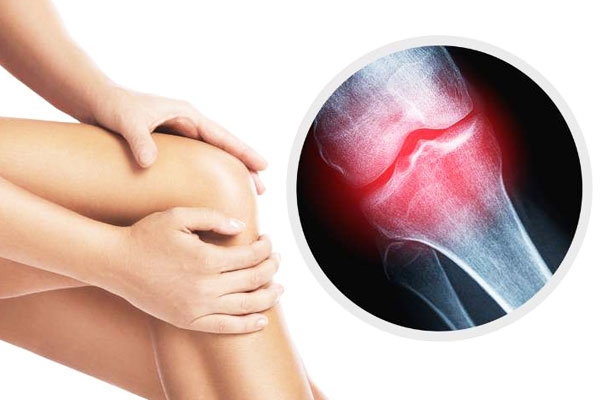
(Image source from: Canva.com)
Bone health is vital to overall health, but is often overlooked until serious problems arise. Early detection of deteriorating bone health can help prevent further deterioration and allow for appropriate treatment of the disease. Maintaining mobility, reducing fracture risk, and ensuring a higher quality of life depend on early intervention. Here are some of the symptoms:
Unexplained Fractures: Mild stress fractures or fractures are one of the most obvious early signs of poor bone health. When bones break down due to diseases such as osteoporosis, simple movements such as slipping or lifting light objects can cause a fracture. If you experience frequent or unexplained fractures, your bones may become more brittle.
Chronic joint pain: Chronic or persistent discomfort, particularly in weight-bearing joints such as the spine, hips, and knees, can be a warning sign that your bone health is at risk. Weak bones can lead to tension and inflammation in the joints they support, causing discomfort. This pain may be accompanied by stiffness and limited range of motion, suggesting the need for evaluation.
Height Loss: Significant height loss over time can be a sign of poor bone health, especially as a result of a disease such as osteoporosis. Kyphosis, a forward hunching posture caused by vertebral compression fractures, can lead to stunted growth. If you experience persistent loss of height, contact your doctor.
Poor posture and balance problems: Weakened bones can gradually manifest as changes in posture and balance problems. Vertebral compression fractures can lead to poor posture, such as: B. a rounded back or humpback. Additionally, a history of balance problems or falls may indicate that your bones are not supporting your joints properly or that your health is compromised.
Tenderness and swelling: Additionally, pain and swelling in joints and bones can indicate poor bone health, especially after minor trauma or physical activity. Some discomfort may be normal, but chronic tenderness or worsening may indicate an underlying problem with the bones that requires treatment.
Persistent back pain: Bone health problems can be associated with chronic back pain, especially if it originates in the lower back and radiates into the legs. Significant discomfort can be caused by conditions such as osteoporosis or degenerative disc disease and should be investigated if symptoms persist.
Effective treatment and prevention of further complications depend on early recognition of deterioration of bone health. By being aware of symptoms such as unexplained fractures, chronic arthritis, loss of height, poor posture, malaise, and persistent back pain, people can take preventative measures to address bone health issues. Strong bones and general health require regular checkups, a diet rich in calcium and vitamin D, and vigorous activity. The progress of orthopedic treatment is greatly supported by technological innovations such as the ROSA knee system. This robotic surgical device uses personalized surgical planning, real-time data and advanced robotics to improve the accuracy of knee arthroplasty.










